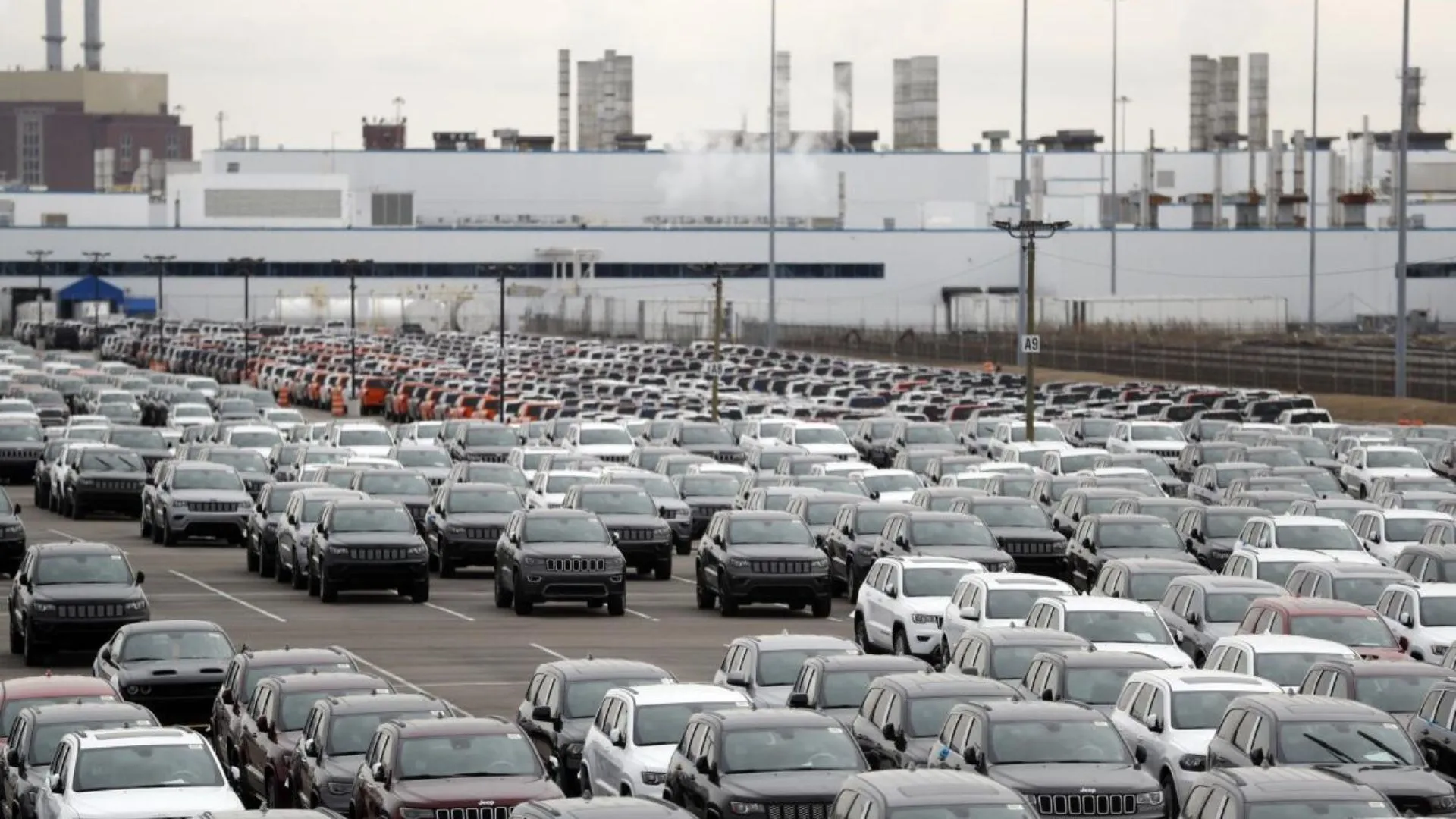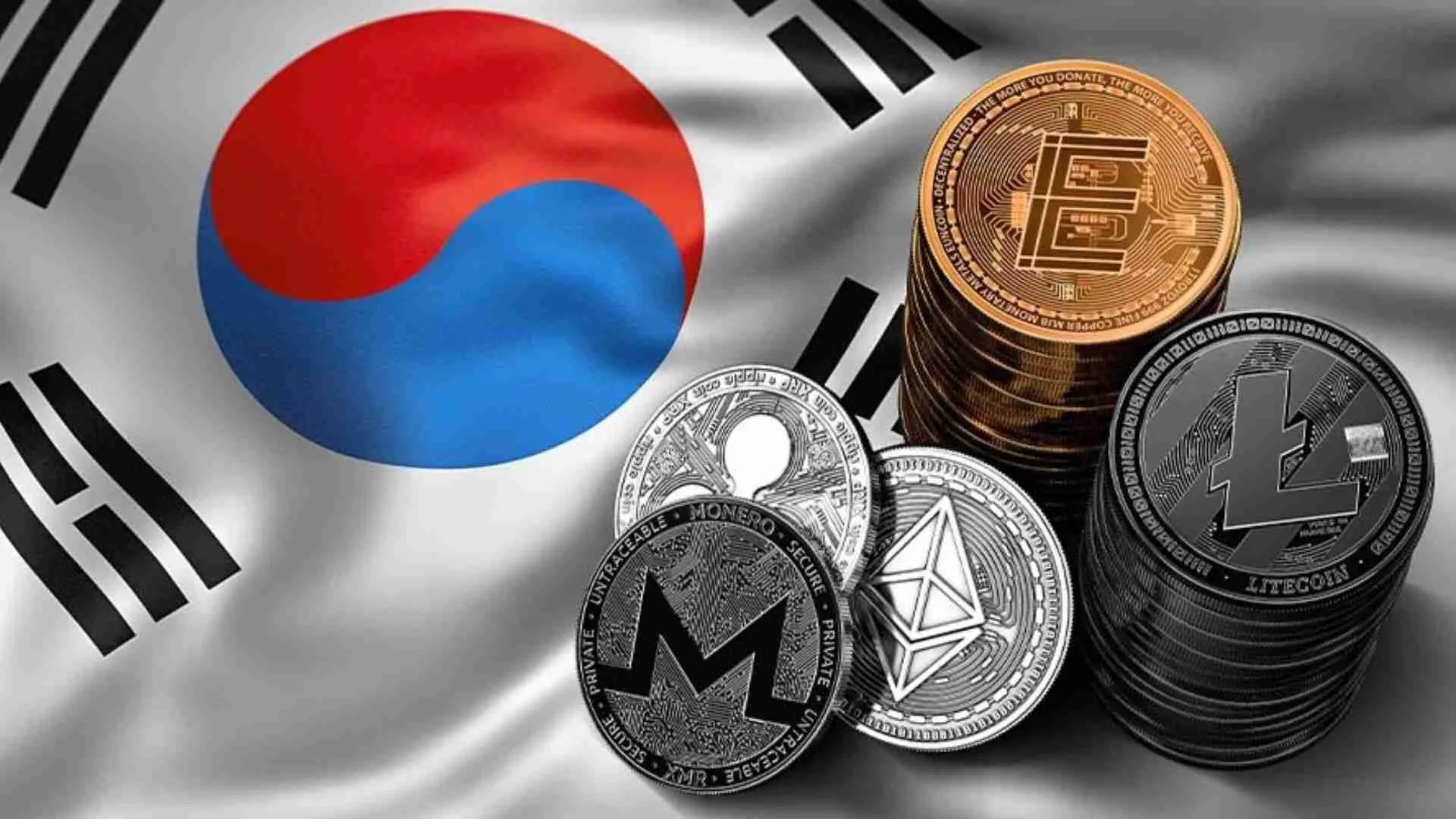South Korea is preparing for a severe economic blow as the United States imposes a 25% tariff on foreign cars. In reaction, the nation’s senior trade officials have started brainstorming means of lessening the blow to its automobile sector.
Industry Minister Ahn Duk-geun held an emergency meeting on Thursday to discuss the impacts and possible retaliatory steps of the tariffs. “We fear that the US tariffs will bring great trouble to our car makers’ US sales. We will closely coordinate with the industry to seek a way to retaliate, as well as with related agencies to release emergency measures on the automotive industry by April,” said Ahn.
Stock Markets React as Auto Giants Take a Hit
The tariffs, set to take effect on April 3 at 12:01 am (0401 GMT), have already sent shockwaves through global markets. Auto stocks plummeted, with major manufacturers like Toyota, Hyundai, and Mercedes experiencing sharp declines. Hyundai’s stock alone dropped by 4% following the announcement.
The shock was not contained within South Korea, with stock markets in Asia and Europe tumbling. The major financial centers, such as Tokyo, Sydney, Seoul, Wellington, Taipei, Bangkok, and Manila, suffered losses. European markets, such as London, Paris, and Frankfurt, also opened weakly.
South Korea’s Place in US Automobile Market
South Korea is the third-largest automotive exporter to the US, ranking behind Mexico and Japan, reported the US Commerce Department’s International Trade Administration. Last year alone, the country exported $36.6 billion worth of automobiles to the US.
Economic Fallout: Growth and Employment at Risk
Analysts predict that the tariffs would negatively affect South Korea’s economic growth and job market. Bloomberg Intelligence anticipates a 0.1 percentage point drop in South Korea’s GDP this year, with a possible loss of 20,000 jobs.
Moody’s Analytics analysts Stefan Angrick and Dave Chia highlighted the broad-based effect on the region. “In the Asia-Pacific region, the car levies will most adversely affect Japan and South Korea. Approximately six percent of Japan’s overall exports are automobiles exported to the US. In South Korea, it is four percent. Such a significant tariff increase will erode confidence, impact production, and lower orders,” they said.
With the deadline looming, South Korea is in a rush to protect its automotive industry from the escalating trade tensions.
Meta Description: South Korea rushes to retaliate against Trump’s 25% tariffs on autos as markets plunge and Hyundai shares slide. Emergency actions due by April.
Excerpt: South Korea is to take urgent action against Trump’s auto tariffs, anticipating severe economic consequences. Hyundai shares plunge as markets respond.























